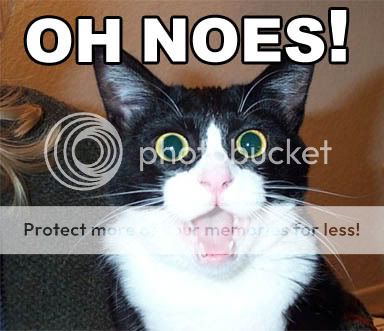White As Snow: U2's most intimate songTaken from No Line On the Horizon, Bono's hymn to a dying soldier in Afghanistan is unadorned, evocative and suggestive. And you don't even have to know what it's about to feel its quiet power or sense its sadness
Comments (0)
U2 in Washington DC Photograph: Kevin Mazur/Getty Images
When I interviewed Bono in Dublin back in January, as part of my marathon tracking of the new U2 album, No Line On the Horizon, for Sunday's Observer Music Monthly, he described it as "essentially a big fat rock album". The most dramatic exception is a track called White As Snow, the quietest, most intimate, and arguably most arresting song that U2 have ever made.
"There are a couple of songs from the point of view of an active soldier in Afghanistan," Bono told me back in June 2008, at the group's Hanover Quay studio in Dublin, during a break in recording, "and one of them, White As Snow, lasts the length of time it takes him to die".
Of all the character songs on the album, White As Snow is the most moving. Much of this is to do with its sense of quietude – not a mood one normally associates with U2. The song is almost ambient in its musical pulse, suggesting the presence of Daniel Lanois and Brian Eno, and Bono's voice sounds markedly different here, more restrained, more plaintive, the emotion suggested rather than strained for.
The song's melody is based on an old hymn, Oh Come, Oh Come, Emmanuel, that, according to The Handbook to the Lutheran Hymnal, was composed by "an unknown author, circa 1100". (Surprisingly, the original has been faithfully covered by both Sufjan Stevens and Belle & Sebastian and, less surprisingly, by Enya and 2006's BBC Young Chorister of the Year, William Dutton).
The idea of a song based on the dying thoughts of a soldier initially came to Bono after he read William Golding's ambitious novel, Pincher Martin, which is told from the point of view of a British sailor who appears to have survived the torpedoing of his ship. As he approaches death, his thoughts roam back over his life, and the moral choices he made or avoided. (The novel's denouement, though, suggests that the soldier died at the moment his ship went down and that the preceding narrative recounts his soul's struggle to stay in the material world.)
After watching Sam Mendes's film, Jarhead, Bono decided the song should evoke the thoughts of a soldier dying from a roadside bomb in Afghanistan. Intriguingly, you don't really need to know the context for the song to work. It stands alone. Initially, I had assumed it was sung in the voice of a young Middle Eastern man who had been driven into exile, but there you go.
I am not typically taken with songs that require prior knowledge or context to be fully appreciated. I remember interviewing Elvis Costello on the release of his dense and difficult album, Spike, and being baffled even more by his explanations of the songs than the songs themselves. Springsteen, on the other hand – and, in particular, Springsteen the quiet balladeer – is a master of setting and context: "My name is Joe Roberts, I work for the state, I'm a sergeant out in Perrineville, Barracks number 8" . There is something about writing in character – putting yourself in someone else's place and seeing the world though someone else's eyes – that requires a certain craft and economy for that shift in perspective to be credible.
"We were going to start White As Snow with an explosion," recalled Bono. "An early version had this industrial noise that sounded like the aftermath of a bomb." Now, that would have been one way of getting around the problem of context. It may have worked, too, but the song is fine the way it is, unadorned, evocative, suggestive. You don't have to know what it's about to feel its quiet power or sense its sadness. "It's kind of pastoral,"
said Bono. It bodes well for the album that will follow No Line On the Horizon, which has, he says, "the idea of pilgrimage at its centre", and is made up of the "quieter, more meditative songs" that did not make it on to this one. "Intimacy is the new punk rock," Bono added, laughing. But is it the new stadium rock?




 and the lyrics also seem to be really great.
and the lyrics also seem to be really great.